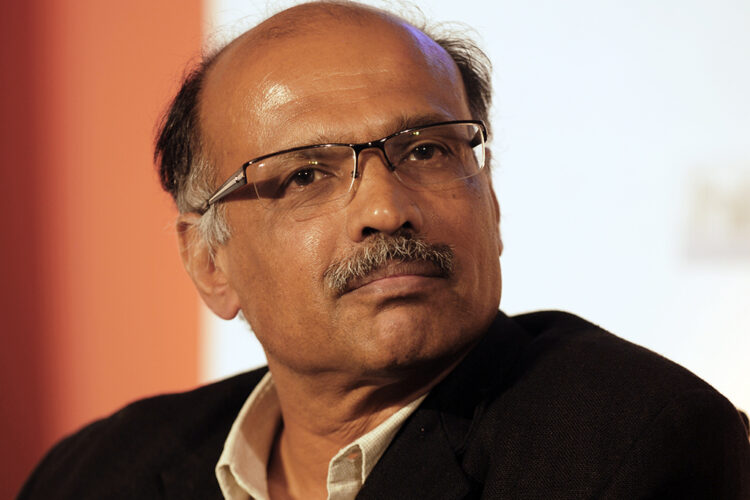Early Life and Military Service
Gorur Ramaswami Iyengar Gopinath, known as Captain Gopinath, was born on November 13, 1951, in Gorur, a small village in Karnataka. His father, a teacher and farmer, instilled in him values of diligence and ambition. Gopinath’s journey to prominence began with his admission to Sainik School, Bijapur, followed by the National Defence Academy (NDA) and the Indian Military Academy (IMA).
After serving in the Indian Army until the Bangladesh War of 1971-72, Gopinath retired at the age of 28, driven by a desire for entrepreneurial ventures beyond military life. His subsequent pursuits in silk farming, dairy farming, and hospitality laid the groundwork for his transformative career in aviation.

Venturing into Aviation: From Helicopters to Airlines
In 1997, Gopinath ventured into aviation with Deccan Aviation, offering chartered helicopter services. Recognizing the untapped potential for affordable air travel, he conceived the idea of establishing a low-cost airline during a trip to America in 2000. Witnessing the efficiency of Phoenix Airport, Gopinath resolved to make air travel accessible to the common Indian.
Air Deccan: Revolutionizing Air Travel
In August 2003, Gopinath launched Air Deccan, India’s first low-cost airline, with a fleet of six aircraft. Inspired by European budget carriers, Air Deccan aimed to democratize air travel by offering affordable fares to the masses. By 2007, it operated 380 flights daily from 67 airports, catering to a growing number of passengers at accessible prices.
Innovative Pricing Model: Flying for Re 1
Air Deccan made headlines by introducing dynamic pricing, enabling passengers to fly for as little as Re 1. This groundbreaking initiative, coupled with a no-frills service model, revolutionized the aviation industry and made air travel accessible to millions of Indians.
Mergers and Challenges
Despite its initial success, Air Deccan faced financial challenges and underwent restructuring, culminating in its merger with Kingfisher Airlines in 2008. Despite Gopinath’s vision, subsequent developments in the aviation sector led to the closure of Kingfisher Red in 2011, marking the end of an era in Indian aviation.
Legacy and Impact
Captain Gopinath’s pioneering efforts transformed the Indian aviation landscape, making air travel affordable and accessible to millions. His entrepreneurial spirit and visionary leadership continue to inspire future generations, underscoring the power of innovation and perseverance in realizing ambitious dreams.
Conclusion
Captain Gopinath’s journey from a humble village to the forefront of Indian aviation epitomizes the spirit of enterprise and resilience. His legacy as the architect of affordable air travel resonates as a testament to the transformative potential of bold ideas and unwavering determination in shaping industries and empowering communities.






2 COMMENTS